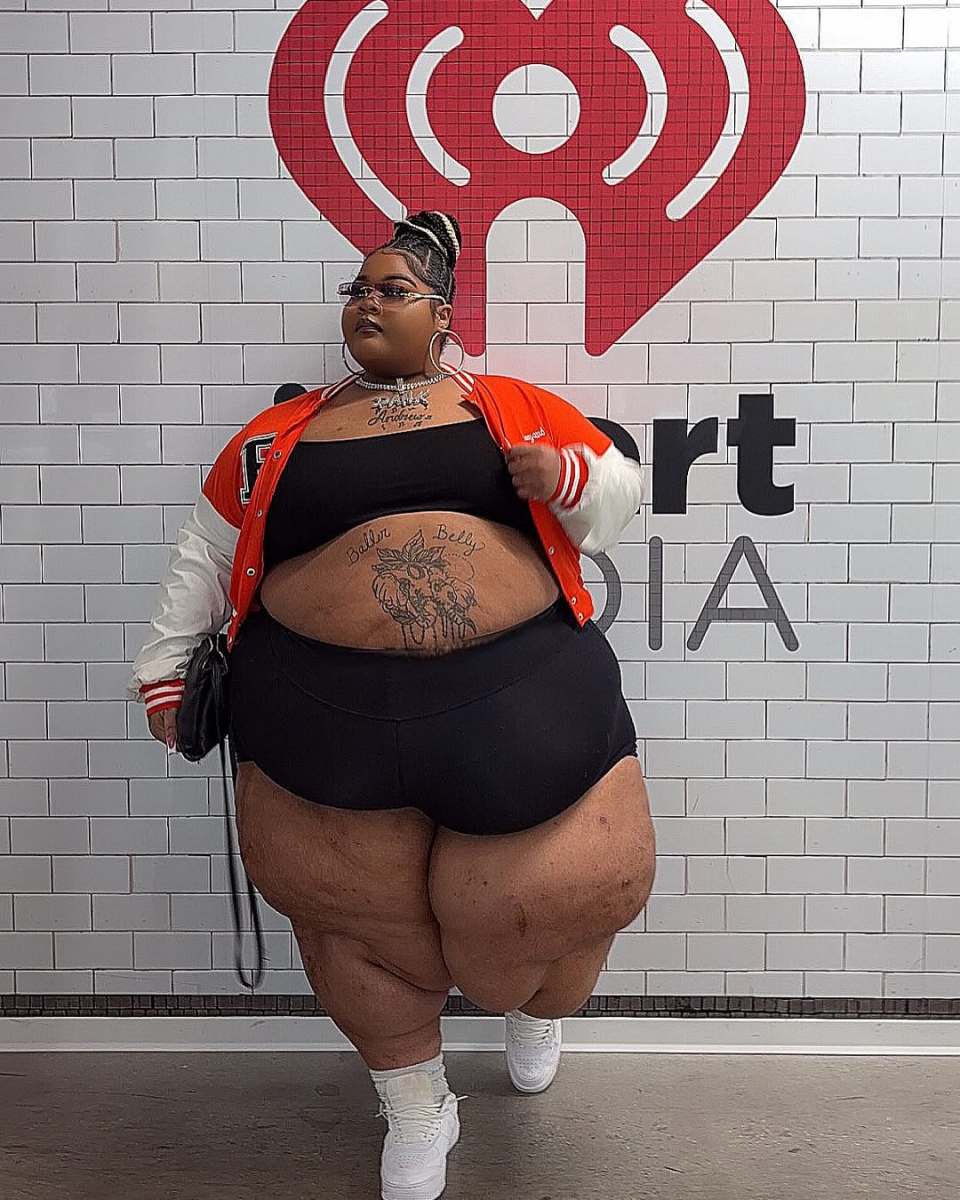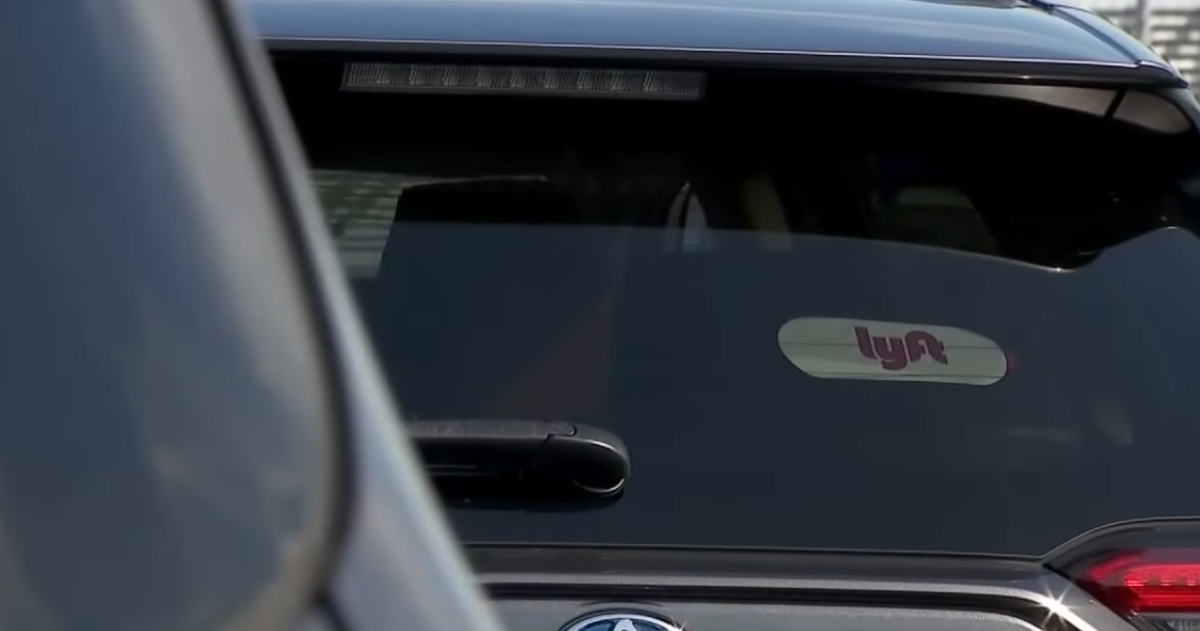A rapper from Michigan is suing Lyft, alleging that a driver turned her down because he thought she was too big for his vehicle.
The interaction was caught on camera earlier this month by 36-year-old Dajua Blanding, better known by her stage moniker Dank Demoss. In the video, woman is seen disputing with the driver, who keeps pushing back when she insists she can fit in his car.
In the video, Blanding insisted, “I can fit in this car.”

The driver answered, “You can’t, believe me.”
In the end, the driver canceled the ride and promised Blanding there would be no fees. She has now sued the ridesharing firm, though, alleging that the experience made her feel discriminated against and humiliated.
In an interview, she stated, “I have been in cars smaller than that.” “I simply want them to understand how hurtful it was to me.”
Reactions to the video were overwhelming on Instagram, with many people supporting the driver. Some said she ought to have chosen a bigger car, like a Lyft XL, which is supposed to have more room.

One commenter brought up the fact that overloading an automobile is illegal. The driver was courteous, gave an explanation for his actions, and even expressed regret. Try looking at things from a different angle.
Blanding refused to back down in the face of criticism. She claimed that plus-sized riders were being mistreated by Lyft in the caption of her now-viral post.
“Am I mistaken?” She penned. What are your thoughts on this driver that treated me unfairly, Lyft? You guys treat huge people like s***, in my opinion. As if we had no place here.
Blanding claims in her lawsuit that when the driver saw her, he locked his doors and tried to drive away after pulling up in a Mercedes-Benz vehicle. She adds that when she confronted him, he informed her that she was too big to fit in the backseat and even implied that her weight would harm his tires.

According to her lawyers, Zach Runyan and Jonathan Marko, the driver’s refusal to serve her was against Michigan law, which protects weight as a characteristic.
Marko told Fox 2, “I knew that it was illegal, and I knew that it was wrong.” He likened the situation to refusing someone a ride because of their ethnicity or religion.
Blanding has refused to back down, despite some opponents claiming that the case unfairly singles out a driver who is merely attempting to safeguard his car. She shared a second Instagram video of herself wearing a jacket and yoga shorts a few days after the first one, captioning it:
Blanding has already discussed her weight in public; in December, she disclosed that she weighed more than 500 pounds but had just shed almost 40.

“Everyone should be treated with equal respect and kindness in our community,” the statement reads. Harassment and discrimination are expressly forbidden by our community guidelines and terms of service,” the statement said.
As the case progresses, it brings up more significant issues regarding driver discretion, passenger rights, and the thin line separating discrimination in the gig economy from personal safety concerns.



